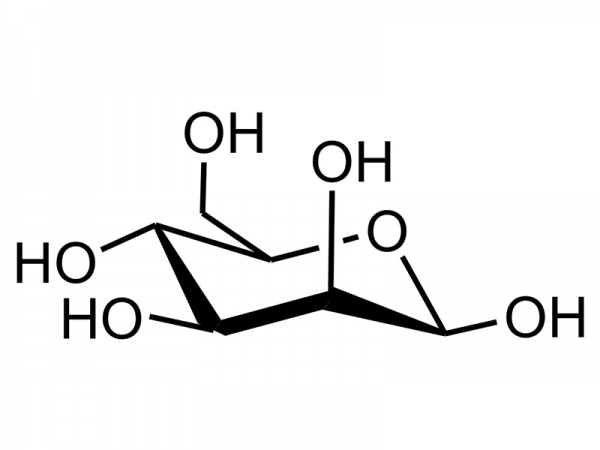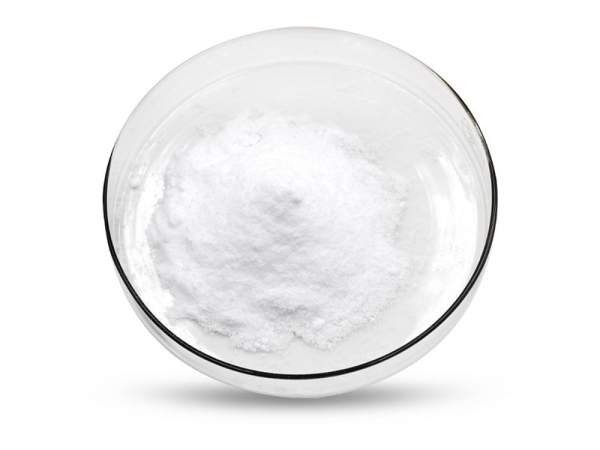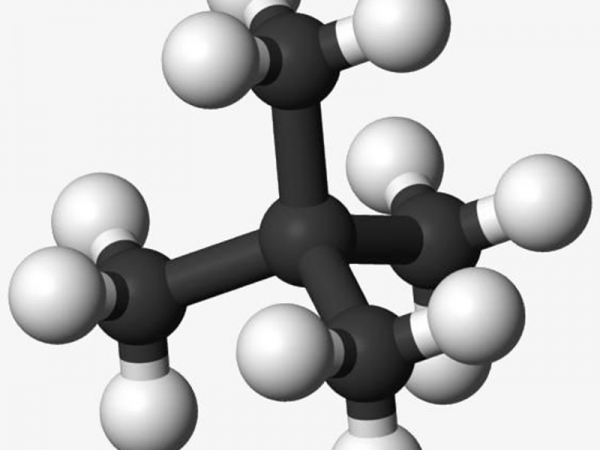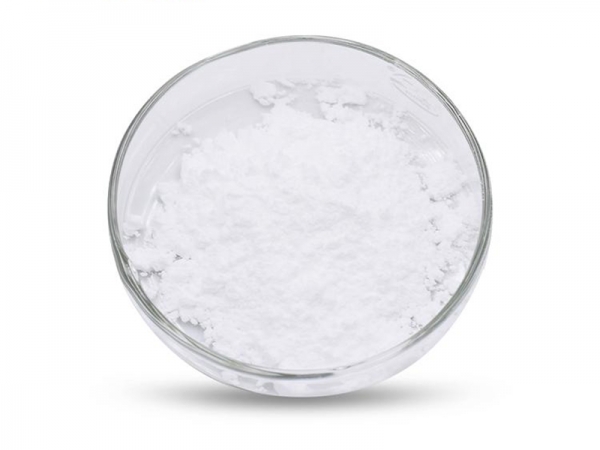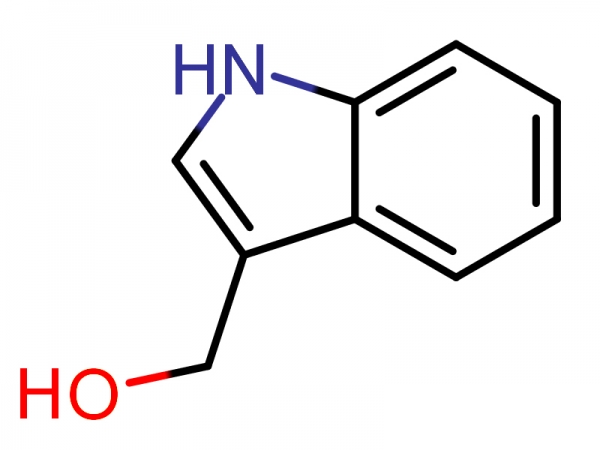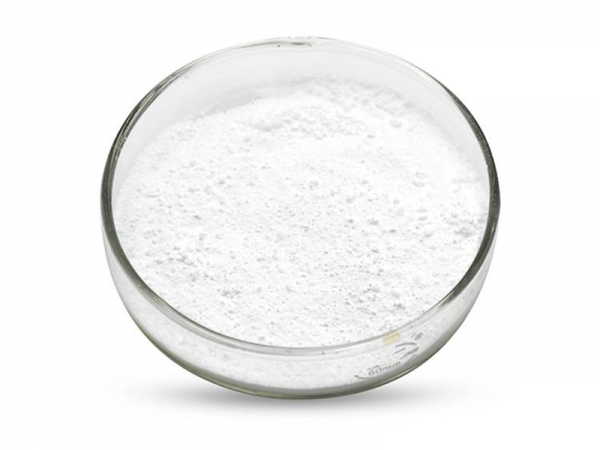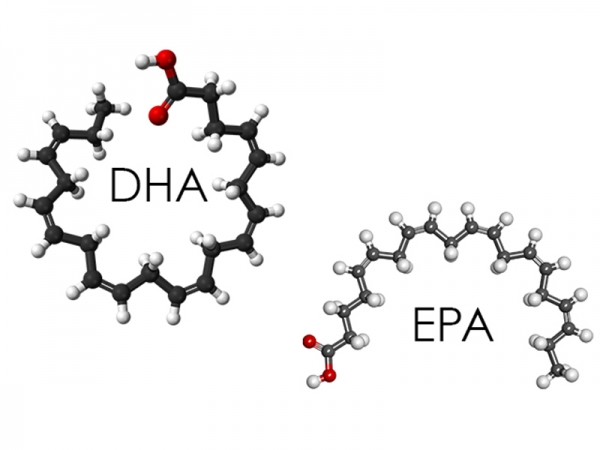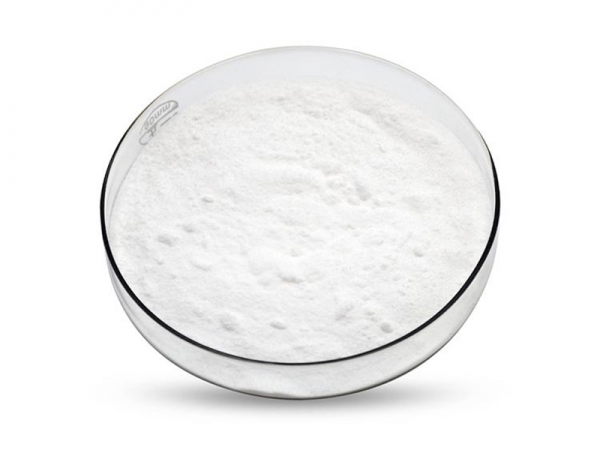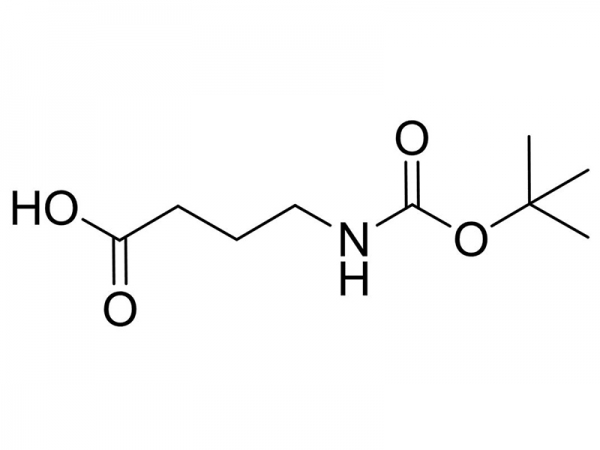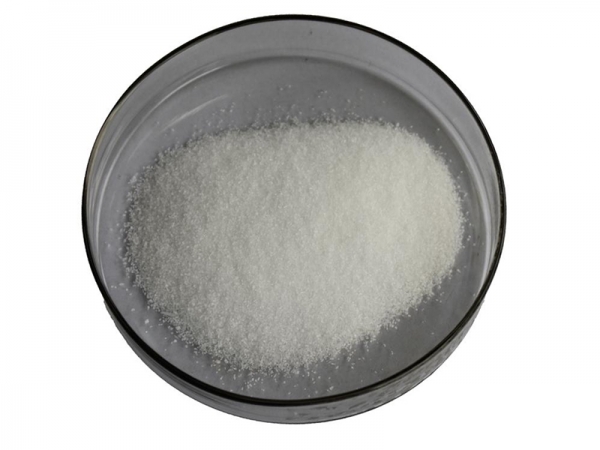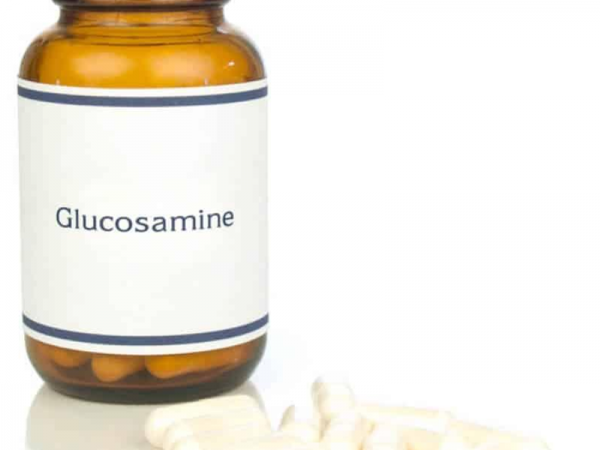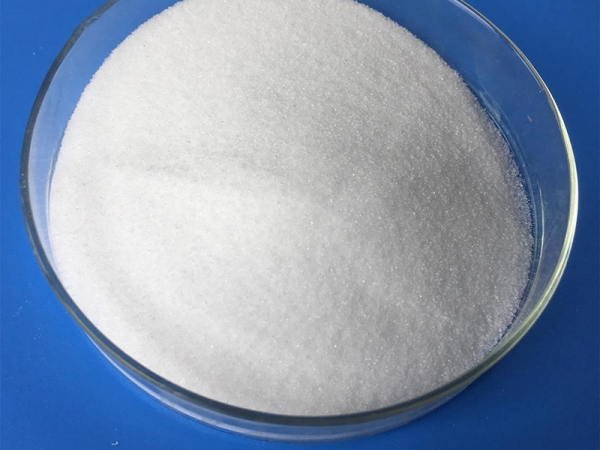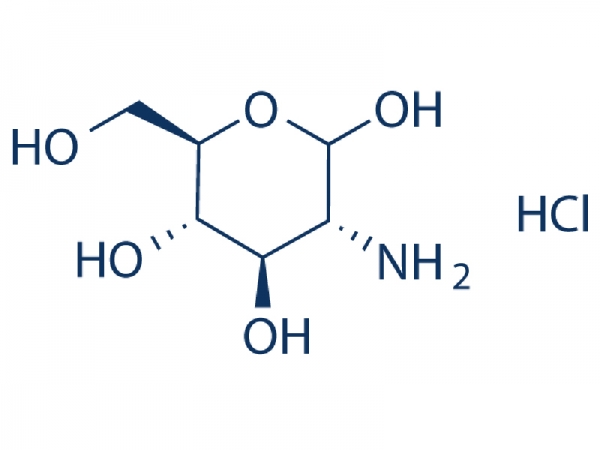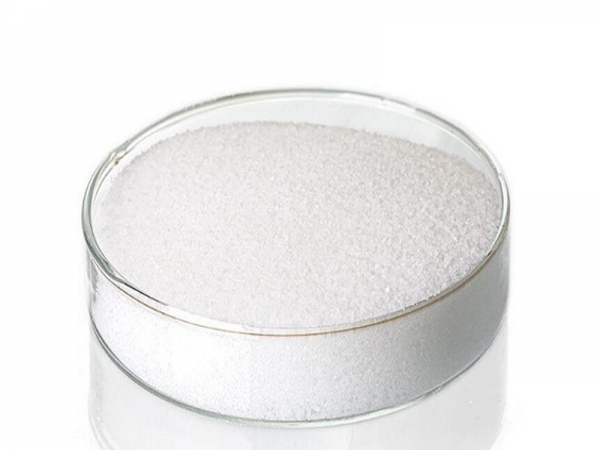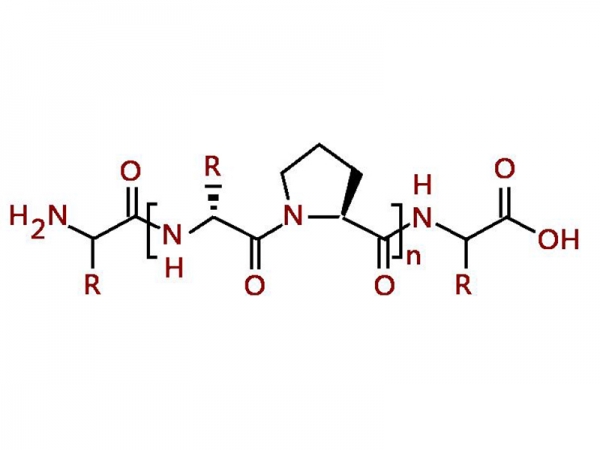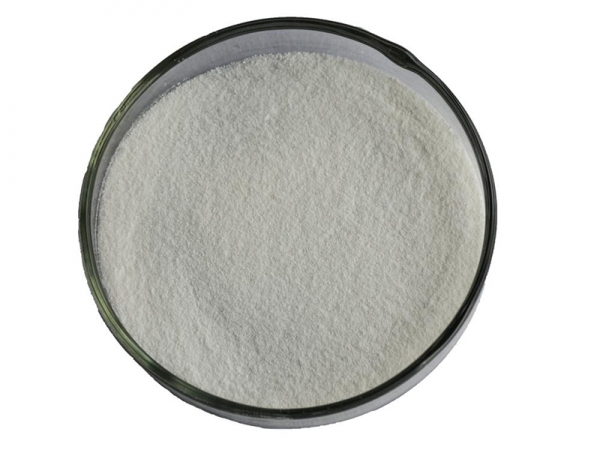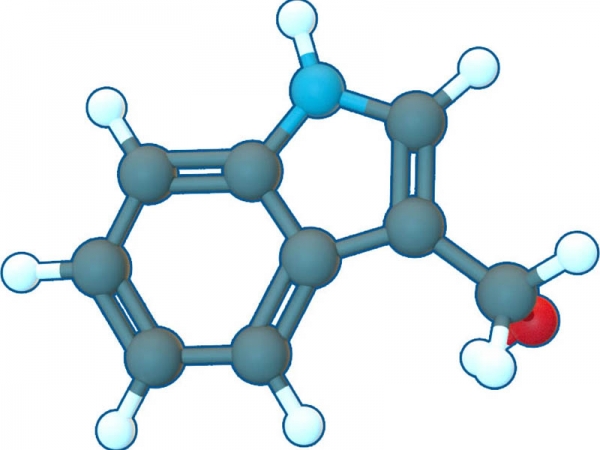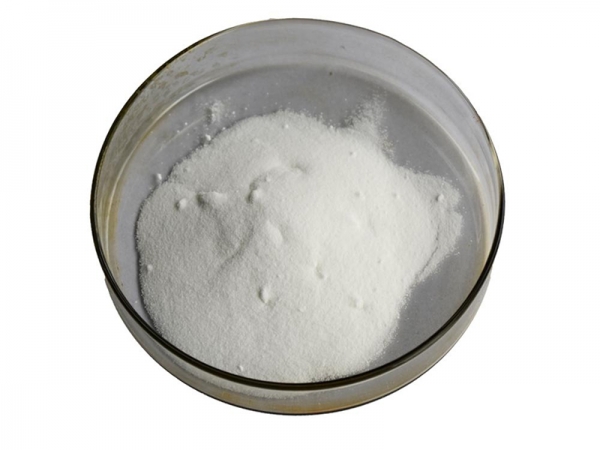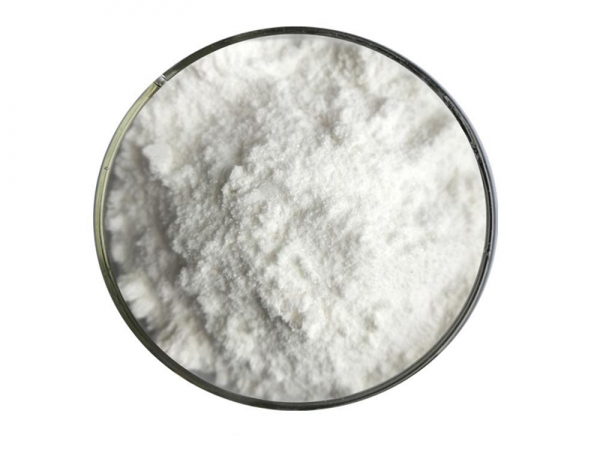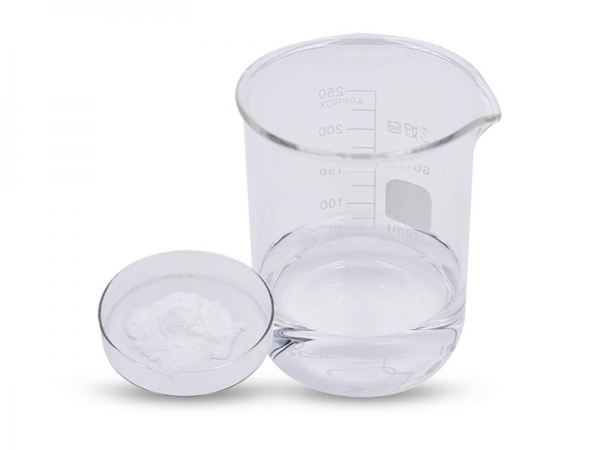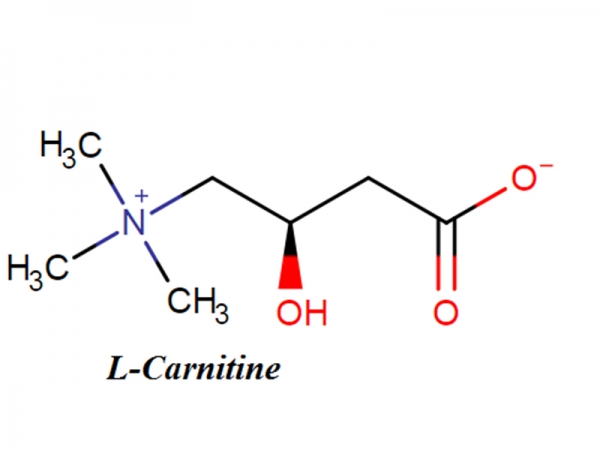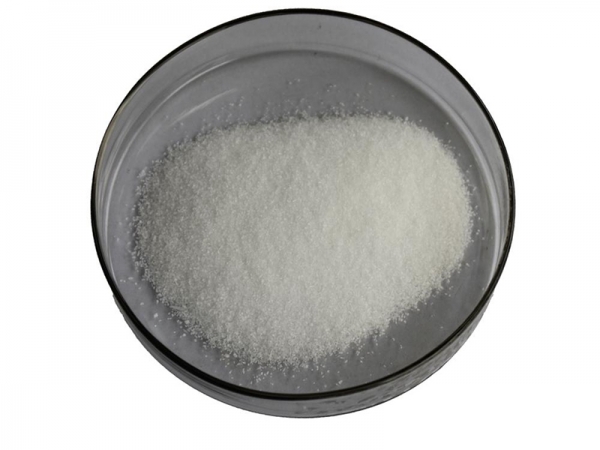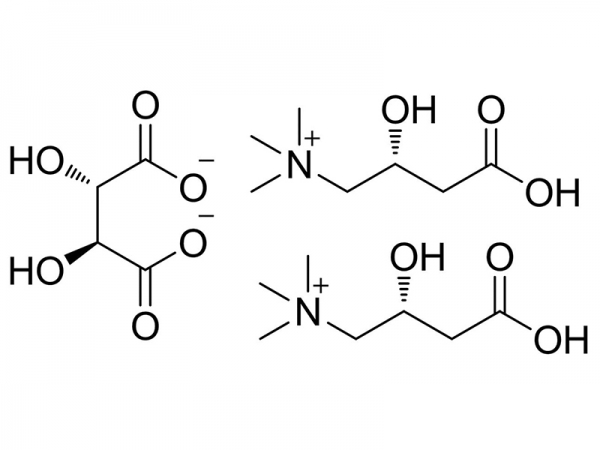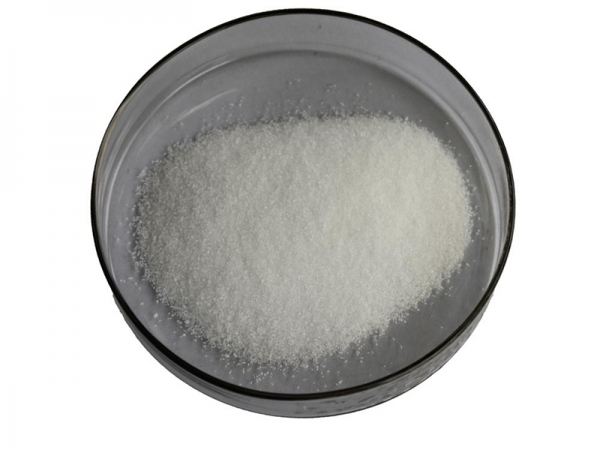-

 D-mannose (or mannose) is a type of sugar found in a number of fruits and vegetables, including cranberries , black and red currants, peaches, green beans, cabbage, and tomatoes. It's also produced in the body from glucose, another form of suger.
D-mannose (or mannose) is a type of sugar found in a number of fruits and vegetables, including cranberries , black and red currants, peaches, green beans, cabbage, and tomatoes. It's also produced in the body from glucose, another form of suger. -

 Ribose is a simple sugar and carbohydrate with molecular formula C₅H₁₀O₅ and the linear-form composition H₄−H. It has a structural analog, deoxyribose, which is a similarly essential component of DNA. l-Ribose is an unnatural sugar that was first prepared by Emil Fischer and Oscar Piloty in 1891.
Ribose is a simple sugar and carbohydrate with molecular formula C₅H₁₀O₅ and the linear-form composition H₄−H. It has a structural analog, deoxyribose, which is a similarly essential component of DNA. l-Ribose is an unnatural sugar that was first prepared by Emil Fischer and Oscar Piloty in 1891. -

 DIM is an abbreviation for 3,3′-diindolylmethane, which is composed of a methane group with two indole groups attached to it. The primary natural source of DIM is the digestion of cruciferous vegetables. These vegetables are members of the cabbage family, which also include broccoli, Brussels sprouts, cauliflower and kale. The health benefits of cruciferous vegetables are partially due to the effects of DIM.
DIM is an abbreviation for 3,3′-diindolylmethane, which is composed of a methane group with two indole groups attached to it. The primary natural source of DIM is the digestion of cruciferous vegetables. These vegetables are members of the cabbage family, which also include broccoli, Brussels sprouts, cauliflower and kale. The health benefits of cruciferous vegetables are partially due to the effects of DIM. -

 Fish oil powder, or omega 3 contains fatty acids (consisting of omega-3, omega-6, and omega-9), which are important for healthy body function. Omega-3 and omega-6 are polyunsaturated fats that are not created by the body and must be acquired from the diet. Omega-9 is a monounsaturated fat that is made by the body. Omega 3 6 9 supplements make it easy to get all three of these fatty acids.
Fish oil powder, or omega 3 contains fatty acids (consisting of omega-3, omega-6, and omega-9), which are important for healthy body function. Omega-3 and omega-6 are polyunsaturated fats that are not created by the body and must be acquired from the diet. Omega-9 is a monounsaturated fat that is made by the body. Omega 3 6 9 supplements make it easy to get all three of these fatty acids. -

 Gamma aminobutyric acid (GABA) is a naturally occurring amino acid that works as a neurotransmitter in your brain. Neurotransmitters function as chemical messengers. GABA is considered an inhibitory neurotransmitter because it blocks, or inhibits, certain brain signals and decreases activity in your nervous system.
Gamma aminobutyric acid (GABA) is a naturally occurring amino acid that works as a neurotransmitter in your brain. Neurotransmitters function as chemical messengers. GABA is considered an inhibitory neurotransmitter because it blocks, or inhibits, certain brain signals and decreases activity in your nervous system. -

 The 2KCL part of the compound Glucosamine Sulphate 2KCl is simply potassium chloride, a harmless non-sodium salt that is used to stabilise the Glucosamine. The amount of potassium in 2 of our 1000mg tablets is just 240mg, which is a small but useful contribution to the potassium recommended daily intake of 3500mg.
The 2KCL part of the compound Glucosamine Sulphate 2KCl is simply potassium chloride, a harmless non-sodium salt that is used to stabilise the Glucosamine. The amount of potassium in 2 of our 1000mg tablets is just 240mg, which is a small but useful contribution to the potassium recommended daily intake of 3500mg. -

 Glucosamine is a compound naturally found within the cartilage of your joints. It’s made from chains of sugars and proteins bound together. It acts as one of the body’s natural shock-absorbents and joint lubricants, allowing you to move around while minimizing joint, bone and muscle pain.
Glucosamine is a compound naturally found within the cartilage of your joints. It’s made from chains of sugars and proteins bound together. It acts as one of the body’s natural shock-absorbents and joint lubricants, allowing you to move around while minimizing joint, bone and muscle pain. -

 Fish collagen is a complex structural protein that helps maintain the strength and flexibility of skin, ligaments, joints, bones, muscles, tendons, blood vessels, gums, eyes, nails and hair. It’s a type I collagen, which is the most abundant collagen in the human body. Type I is best known for providing the foundation for beautiful skin, strong connective tissues and sturdy bones.
Fish collagen is a complex structural protein that helps maintain the strength and flexibility of skin, ligaments, joints, bones, muscles, tendons, blood vessels, gums, eyes, nails and hair. It’s a type I collagen, which is the most abundant collagen in the human body. Type I is best known for providing the foundation for beautiful skin, strong connective tissues and sturdy bones. -

 Indole-3-carbinol is produced by the breakdown of the glucosinolate glucobrassicin, which can be found at relatively high levels in cruciferous vegetables such as broccoli, cabbage, cauliflower, brussels sprouts, collard greens and kale. It is also available in dietary supplements.
Indole-3-carbinol is produced by the breakdown of the glucosinolate glucobrassicin, which can be found at relatively high levels in cruciferous vegetables such as broccoli, cabbage, cauliflower, brussels sprouts, collard greens and kale. It is also available in dietary supplements.- Indole-3-carbinol is the subject of ongoing biomedical research into its possible anticarcinogenic, antioxidant, and anti-atherogenic effects.
- The National Institutes of Health (NIH) has reviewed indole-3-carbinol (I3C) as a possible cancer preventive agent and is now sponsoring clinical research for breast cancer prevention. As evidence shows that higher consumption of fruit and vegetable correlates with a decreased risk of developing cancer, I3C supplements may be efficient in cancer prevention. Currently, people are attaching more and more importance to I3C supplements as their potential effects of preventing cancer.
-

 Inositol is a chemical compound with nine stereoisomers, which is just a scientific way of saying that it exists in nature in nine almost identical forms. It’s technically a rearranged form (“isomer”) of glucose, which means it is a natural sugar.
Inositol is a chemical compound with nine stereoisomers, which is just a scientific way of saying that it exists in nature in nine almost identical forms. It’s technically a rearranged form (“isomer”) of glucose, which means it is a natural sugar. -

 As L-Carnitine Base is highly hygroscopic and quite unstable, the dietary supplements of the L-Carnitine Base can be derivatives and esters. Among them consists of L-carnitine fumarate, acetyl-L-carnitine, L-carnitine tartrate, priopionyl-L-carnitine, and more.
As L-Carnitine Base is highly hygroscopic and quite unstable, the dietary supplements of the L-Carnitine Base can be derivatives and esters. Among them consists of L-carnitine fumarate, acetyl-L-carnitine, L-carnitine tartrate, priopionyl-L-carnitine, and more. -

 Carnitine tartrate is the supplement form of carnitine, a substance that plays a role in energy production. Your body typically makes enough carnitine to meet its needs. Therefore, it's not necessary for healthy adults to take carnitine supplements, according to the Office of Dietary Supplements.
Carnitine tartrate is the supplement form of carnitine, a substance that plays a role in energy production. Your body typically makes enough carnitine to meet its needs. Therefore, it's not necessary for healthy adults to take carnitine supplements, according to the Office of Dietary Supplements.
Select your country


